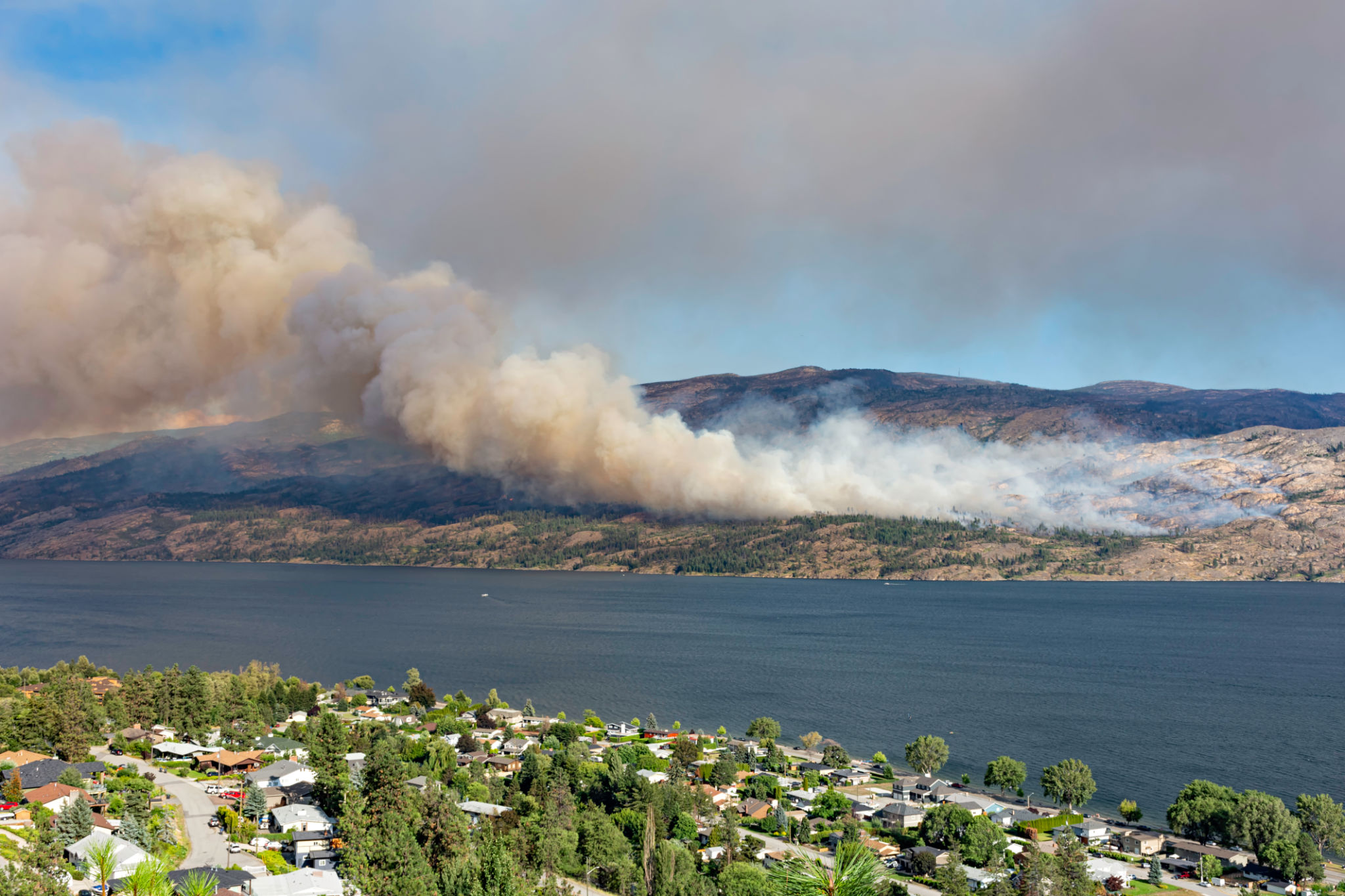How Climate Change is Affecting Coastal Real Estate in Texas?
Climate change is having a noticeable impact on Texas’ coastal real estate market, and this could affect your ability to sell a house fast in Houston and other coastal areas.

Rising sea levels, increased storm activity, and unpredictable weather patterns are causing concern for homeowners, investors, and buyers.
As the risks associated with owning coastal properties grow, it’s important to understand how climate change is reshaping the real estate landscape.
Rising sea levels and property risks
One of the biggest concerns for Texas coastal real estate is the rising sea levels. Coastal cities like Galveston, Corpus Christi, and parts of Houston are especially vulnerable.

According to the National Oceanic and Atmospheric Administration (NOAA), sea levels along the Texas coast have risen by about 5 inches since 2000. That might not sound like much, but it increases the risk of flooding, particularly during hurricanes and tropical storms.
For potential buyers, homes at risk of frequent flooding or storm damage are less appealing, especially when flood insurance costs are factored in.
In some cases, insurance premiums can rise by 25% or more for properties in high-risk areas, which can impact both home values and marketability.
| Coastal City | Sea Level Rise Since 2000 |
| Galveston | 5 inches |
| Corpus Christi | 4.8 inches |
| Houston | 5 inches |
Increased Storm Activity
Hurricanes and tropical storms are becoming more frequent and intense due to climate change, adding to the risks of coastal real estate in Texas. Storm surges and wind damage can cause significant destruction to homes and businesses along the coastline.

As storms like Hurricane Harvey in 2017 have shown, the aftermath can be devastating for both property owners and the real estate market.
After Harvey, thousands of homes in Houston were severely damaged or destroyed, leaving many homeowners with devalued properties and expensive repairs.
As these extreme weather events continue, buyers are becoming more cautious about investing in coastal areas, and sellers may struggle to sell their homes quickly or at their desired price.
Are there any insurance challenges?
Insurance plays a crucial role in coastal real estate. As climate risks rise, so do insurance premiums, particularly for properties in flood-prone areas.
Homeowners may find themselves paying more for flood insurance, while some insurers are even pulling out of high-risk markets altogether.

In fact, over 50% of coastal property owners in Texas have seen their flood insurance premiums increase in the past five years, making it harder for these homes to compete on the market.
| Risk Factor | Impact on Real Estate |
| Rising sea levels | Higher flood risks, lower property values |
| Frequent hurricanes/storms | Increased insurance premiums |
| Flood insurance challenges | Harder to sell, fewer buyers interested |
Conclusion
Climate change is having a profound impact on Texas’ coastal real estate, from rising sea levels to more frequent storms.
As insurance costs rise and property values fluctuate, selling a house fast in Houston or other coastal areas may become more challenging.

To stay ahead, homeowners, buyers, and investors should keep a close eye on these evolving risks and consider how they’ll affect both current and future real estate decisions.
